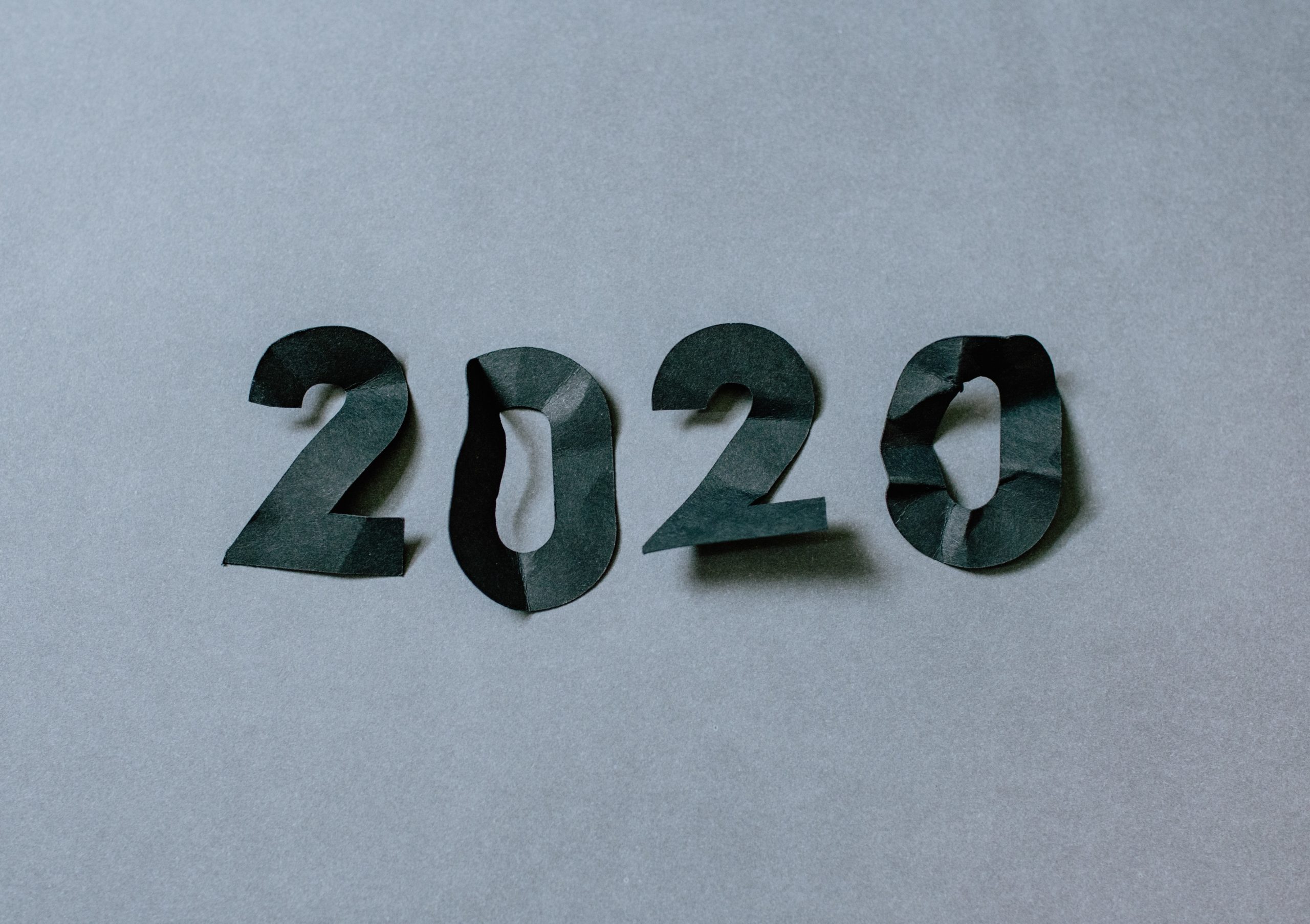Insights
2020: The Communications Case Study of a Lifetime.

More than two decades ago, I took an undergrad communications course and was introduced to the 1982 Tylenol crisis—one of the longstanding gold standards for crisis communications.
The Tylenol PR team likely didn’t realize they were creating a case study with every decision they made. Rarely does anyone living through a crisis stop to smell the roses and enjoy the historic moment; they are often too busy operating a war room, reacting to information as it comes in, and writing and rewriting messaging—and rewriting it again as the situation evolves.
In February 2020, Clyde Group was tapped to represent an organization that needed to communicate the impact of COVID-19 on one of the nation’s largest trade shows. I quickly realized that the pandemic was going to have a major impact on the world—that, like Tylenol in 1982, we were about to write a case study.
I think it’s safe to say that, although the term is overused, the year was truly historic. I’ve had to communicate around major events before—from 9/11, to the Great Recession, to mass shootings—but the sheer volume and pace of 2020 communications challenges have provided constant opportunities for organizations to respond to various crises.
As I reflect on this year’s key moments and how different organizations chose to respond to them, three key tenets emerged, each of them lessons for future communicators.
Compassion leads to trust
It is always better to be direct and transparent with your key stakeholders. In March and April, as companies began going through lay-offs, company-wide announcements were made particularly difficult because employees had scattered to home offices across the country. The most common mistakes related to how people were told, and how the announcements were sequenced.
Airbnb received high praise in May when it laid off 25% of its workforce in a compassionate way: the CEO delivered the message, the announcement came with generous severance and healthcare benefits, and Airbnb launched an Alumni Talent Directory and career placement services to help recently-displaced employees land on their feet. While there were some later criticisms about its workforce reduction decisions, overall it played well in a year where travel was decimated by the global pandemic.
Internal is external
In today’s world, where every phone is a recording device, employers and managers should never expect internal statements to remain private. The #MeToo movement received less attention in the year rocked by COVID-19 and demands for racial justice, but that didn’t stop the revelation of the systemic harassment of female employees within the Washington Football Team.
This trend cuts both ways—employees can no longer expect their bad behaviors to not get back to their employers. Numerous companies in 2020 made the decision to let go of personnel with racist opinions and behaviors. Bon Appetit, for example, issued what they called an “overdue apology” following the resignation of Editor-in-Chief Adam Rapoport. Time will tell if their immediate response turns into long-term meaningful change, but the food industry is following closely and its employees now feel empowered to speak out.
Leaders should show emotion
Sophisticated communicators who recognized the power of internal communications as external communications used it to their advantage, making statements and sharing videos with their employees designed for public consumption. Arne Sorenson, Marriott’s CEO, delivered a video message to associates that went viral as the CEO, recovering from chemotherapy, demonstrated the tone leaders should be taking around COVID-19. At around the five-minute mark, he allowed his emotions to crack through the carefully scripted message. At a time when the entire world felt scared, he demonstrated compassion and genuine emotion in a way that built trust.
2020 will forever be stamped in our memories, especially those who found the words to describe what happened and how it impacted us. What stands out to me are the organizations who took a “People First” approach, who built trust with their key stakeholders as well as the general public. It’s a lesson that proved as true this year as it did back in 1982, when Tylenol demonstrated that people matter more than profits.
It is my sincere hope that all of us carry this mentality forward, and that next year is memorable for the right reasons.